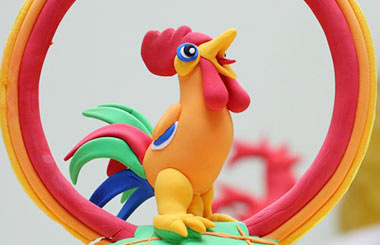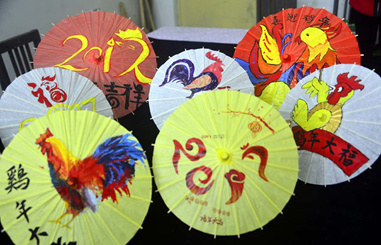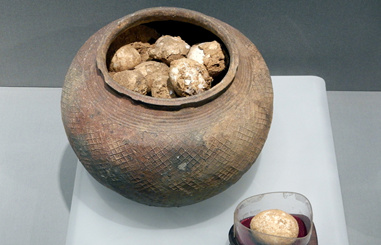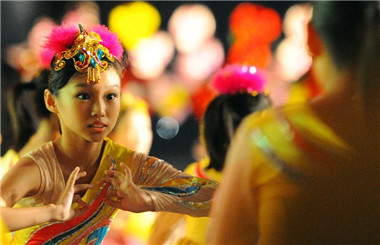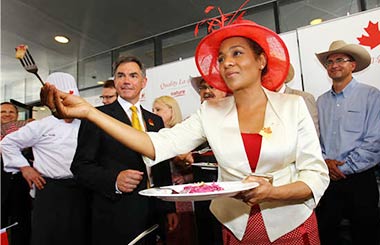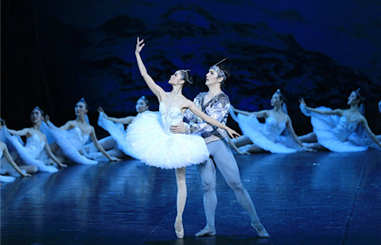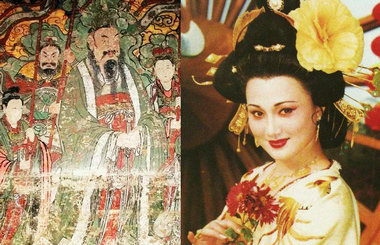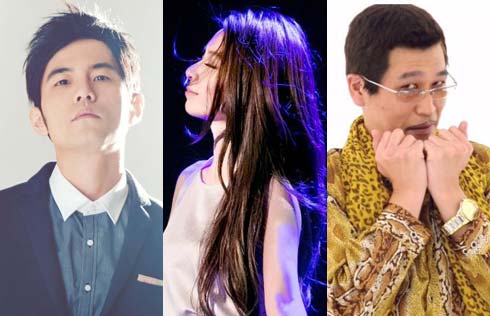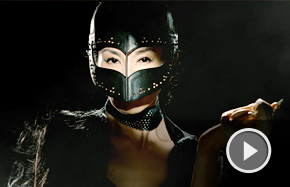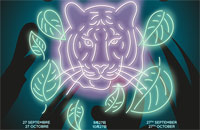Artists in tune with global audiences
Changing roles
The ministry is changing its role, by moving away from organizing and approving tours. Instead, it now provides financial support so companies can organize their own schedules and transport. Funds are also available for independent artists; last year, the ministry provided travel funding for the folk singer Xiao He and rock bands such as Second-Hand Roses, Yaksa, Suffocated and The Falling to perform at festivals across Europe.
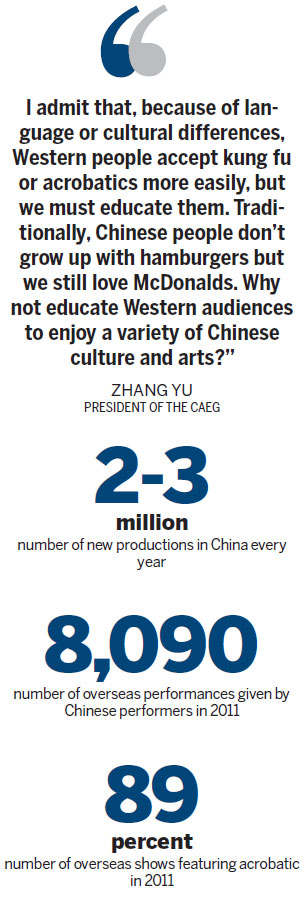
In 2011, the Avignon Festival in France launched "China Kisses", a project designed to showcase contemporary drama. The ministry sponsored a large group of attendees, led by the avant-garde director Meng Jinghui.
"Peking opera or kung fu are just parts of Chinese culture. Don't forget, music is beyond the language barrier. We should also let the world listen to Chinese rock or contemporary music," said Xu Tong, an official from the Ministry of Culture's bureau of external cultural relations.
The application procedures have not changed, but they have become more efficient and therefore less time-consuming, according to Xu. Moreover, productions involving fewer than 80 people can now obtain approval from provincial governments, instead of the Ministry of Culture.
The ministry also invites international festival directors to China, taking them to shows and introducing them to Chinese artists.
More cultural organizations are getting in on the act too, by building bridges between Chinese artists and productions and the global market. One example is the annual Shanghai International Arts Festival, which holds an annual fair to sell homemade shows to arts managers from across the globe
At the Summit of Alliance of Asia-Pacific Region Orchestras, hosted by the China Symphony Development Foundation in Macao in November, Guo Shan, the foundation president, invited a long list of musicians, orchestra managers and experts to share the relatively recent boom in classical music in China.
After attending a concert by the New York Philharmonic under the baton of Chinese conductor Yu Long at New York's Avery Fisher Hall on Feb 12, Vivien Schweitzer wrote in The New York Times, " it seems that the genre (classical music) must be dying elsewhere. The graveyard is certainly not in China, which has seen a surge of interest in Western classical music in the last decade. The New York Philharmonic has paid tribute to this enthusiasm in recent years with a gala event celebrating Chinese New Year."
The concert started with the Spring Festival Overture by the Chinese composer Li Huanzhi, followed by two pieces called The Song of the Earth. The first was by Gustav Mahler, who wrote the music to accompany Chinese poems from the Tang Dynasty. In honor of Mahler, Chinese composer Ye Xiaogang created his own version of The Song of the Earth.
The jazz pianist Herbie Hancock joined the Philharmonic in a performance of Er Huang for piano and orchestra, by the Chinese composer Chen Qigang. The highlight of the concert came when the orchestra accompanied a Peking Opera singer in a rendition of The Drunken Concubine, one of the genre's most popular arias.
"It is my way of spreading Chinese culture abroad," said Yu.
Asked how a South Korean musical, performed in Beijing's Wangjing area - home to a large expat Korean population - to a full house of Koreans could be described as spreading Korean culture in China, Yu replied, "We must promote Chinese culture within mainstream Western society. Let Western musicians pay tribute to Chinese music and let Western audiences appreciate our culture."
Contact the writer at chenjie@chinadaily.com.cn




